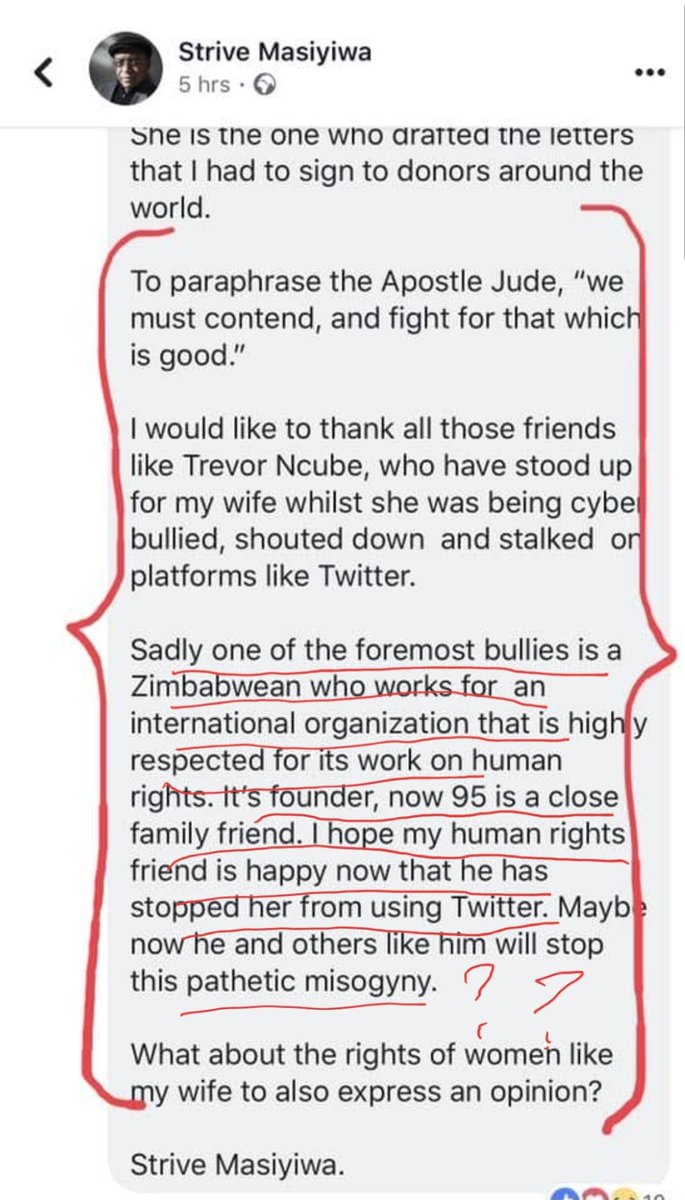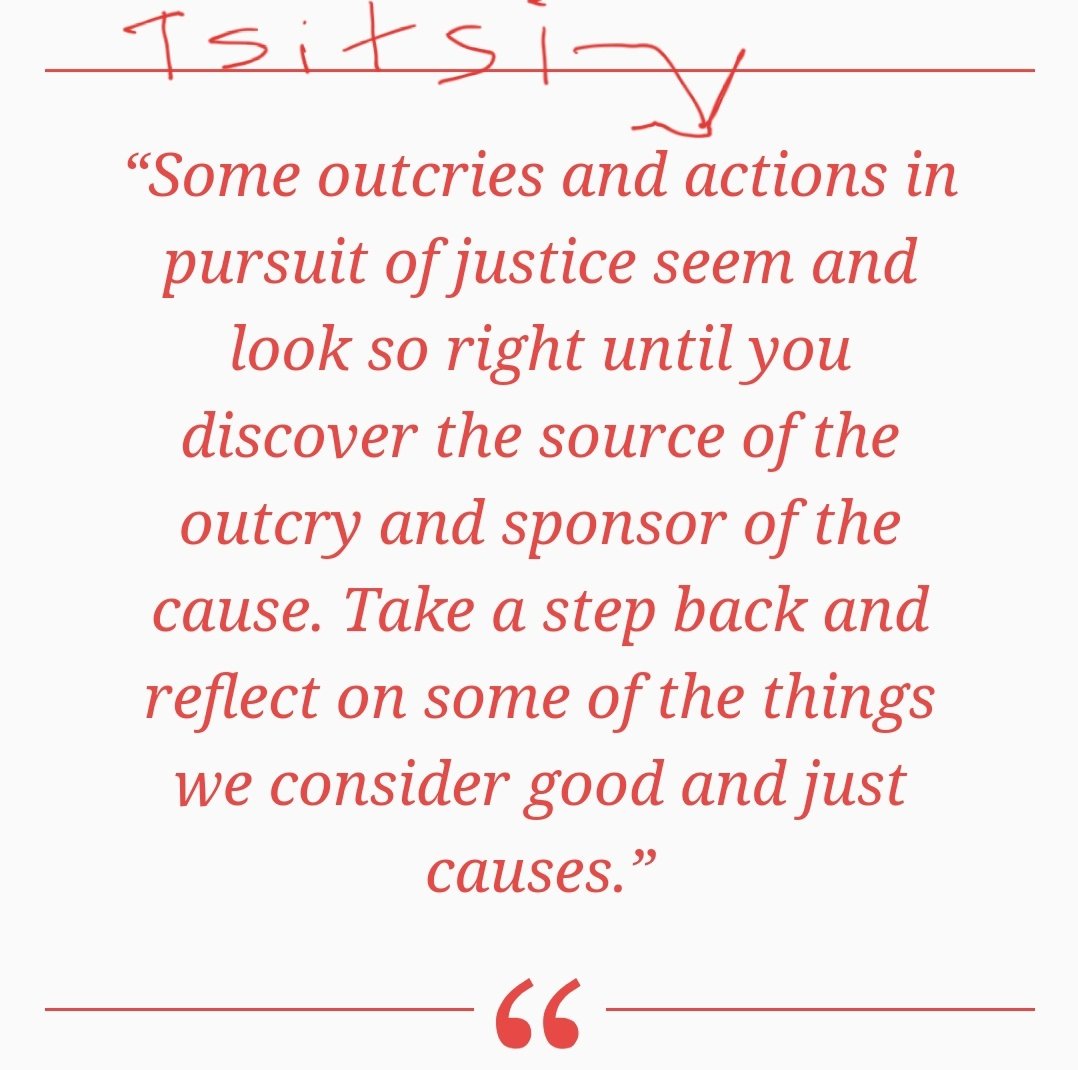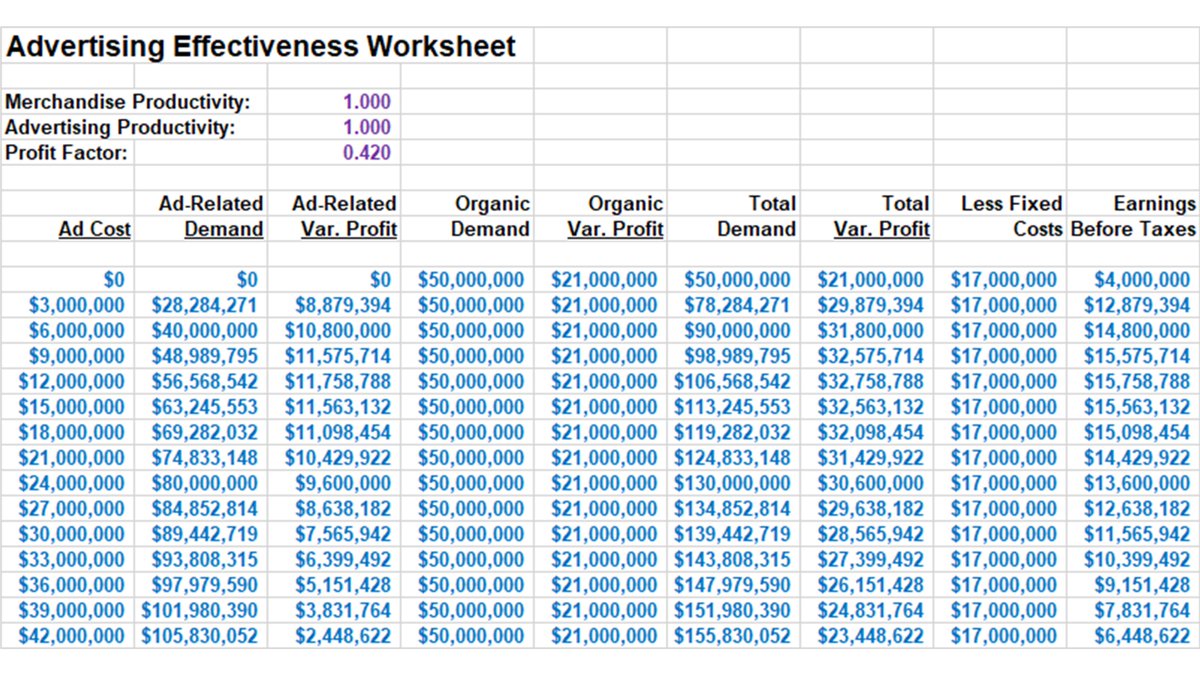1/
Most importantly, there is always the best deal that can be reached within that negotiation, and there's always the best outcome that can be reached by yourself outside it
2/
Outside it, the best outcome is a function of your own interests and capacities alone
3/
4/
And since things shift around a bit, you can treat the outside option as your floor inside
5/
6/
7/
8/
So you can have a good inside outcome with a poor outside one. Or a good outside outcome with a poor inside one (in which case you leave talks)
9/
/end







